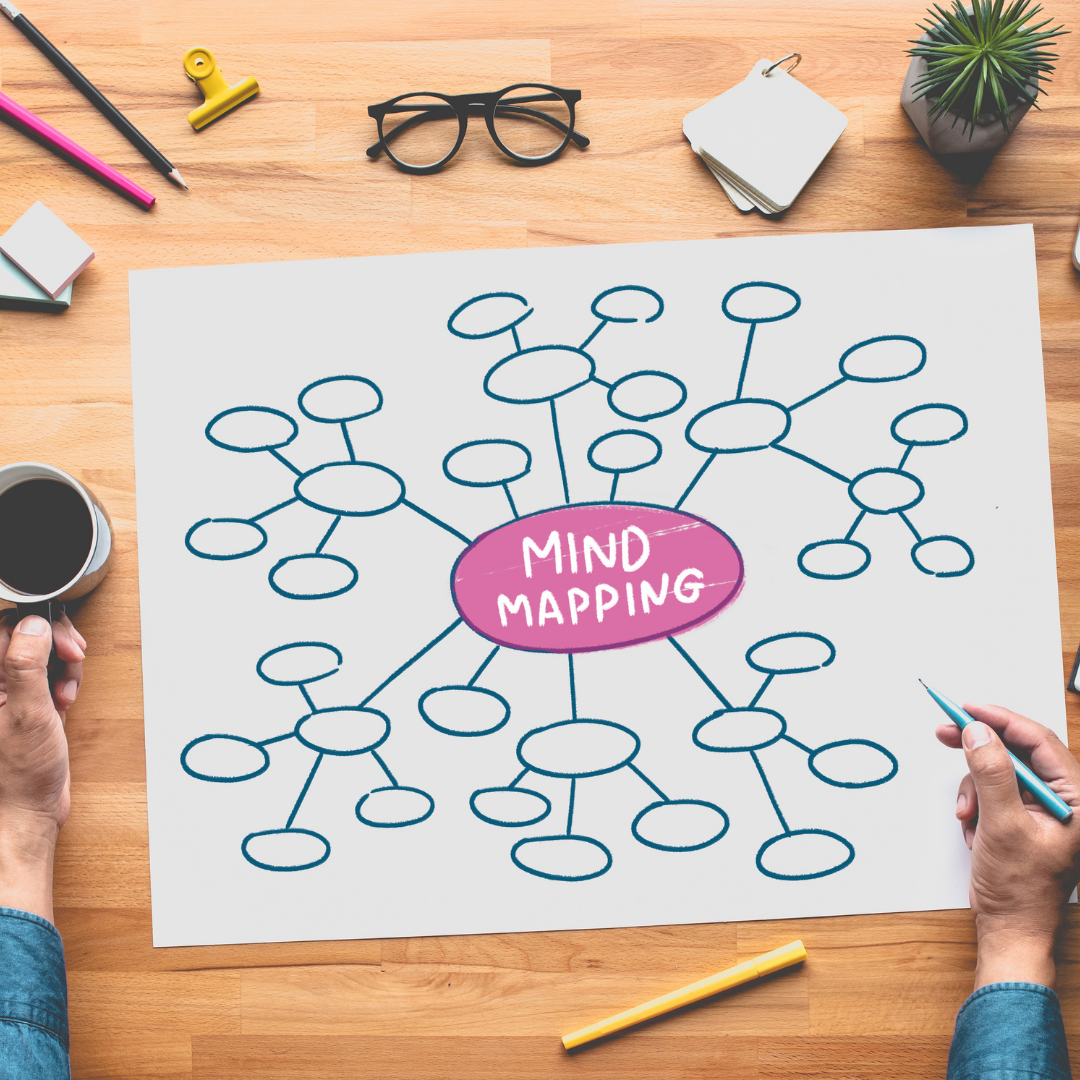Is your study method ineffective? Do you want to familiarize a vast quantity of information quickly?
As a student, you need to develop effective study techniques and time management that will help you retain the most information. If you want to study efficiently, you need to develop study habits that can shorten the time for learning.
Most students struggle with learning because they fail to create and use study strategies and tools to accelerate their learning while developing the best study habits.
Don’t worry if you still having a hard time learning your lessons; the tips below will solve your problem:
Tip #1: Start with a Positive Mindset
Studying can be stressful and frustrating, particularly if you are not interested in a topic or subject. However, once you approach studying with a positive mindset, you can increase the effectiveness and make the process less time-consuming.
With an increased desire to study, you can improve the way you perform and learn more efficiently. While it’s hard to always convince yourself to enjoy studying, a positive mindset can help you start studying with a high level of focus and motivation. Plus, you’ll think studying is a method to develop your knowledge rather than a waste of time.
Tip #2: Find An Environment that Deters Temptations and Distractions
Another way to effectively study is finding an environment that deters you from temptations and distractions. The environment should encourage you to study instead of procrastinating. Look for a peaceful place that perfectly suits your studying needs. Some students study better at home where the television is not turned on, while others prefer studying in a library where it is completely quiet.
Proper lighting is crucial while studying to prevent headaches and eye strain. If you prefer studying at home, consider setting up a dedicated study room for an ideal learning environment. Redesign the space, add a study table, chairs, and shelves for an organized setup. Don’t hesitate to enlist the help of a handyman in Woodbridge, or where ever you’re located to get the installations and overall setup done right. The overarching idea is to transform an otherwise mundane space lacking of motivation into a conducive study area that helps you stay on point with your academic pursuits and aspirations.
Tip #3: Consider Spaced Practice
Spaced practice helps to encourage you to study over a longer time rather than cramming the night before. Beware that your brain almost forgets something once it works harder to recall information. That is why spacing out your studying helps your mind to create a connection between ideas for an easy recall later on.
Additionally, ensure to start planning the study sessions early. You can schedule some time every day for reviewing and studying the material at the beginning of the semester. Even if the exams are weeks or even months away, this mindset will boost your confidence that your exams will have good results.
Tip #4: Develop Color-Coded Notes
If you have messy notes, you will find it hard to recall the lecture’s critical points. However, if you write in color, you can dynamically organize the information you want to learn and familiarize yourself with. Color-coded notes also help you prioritize the most critical ideas.
Color is known to improve someone’s memory performance. For instance, if you use warm colors like yellow and red, you can create a learning environment that is motivating and positive. As a result, you will have a positive perception of the learning materials and make you interact and engage with them.
Tip #5: Do Some Physical Exercises
As you probably know, exercise can increase energy levels and fight fatigue. If you struggle to find the motivation to study, you can add some physical exercise to your studying routine. You do not have to a full hour of physical workout; a 20-minute exercise is enough.
Exercising before studying can kickstart your brain function and improve your cognitive performance and memory. It also releases endorphins that help reduce stress levels and improve your mood.
Tip #6: Try Mind Mapping
Mind mapping refers to a technique allowing you to organize information in a diagram visually. All you need to do is write a word in the blank page’s center and then write major keywords and ideas. From there, connect all of them to the central concept.
Tip #7: Study Before Bed
If you want to improve your brain function, learning, and memory formation, you need to have a quality sleep at night. Once you study before bedtime, recalling information is a lot easier. While you are sleeping, your brain organizes the memories. Try studying a few hours before you sleep and review that information in the morning to see better results.
Conclusion
Once you learn effective studying techniques, rest assured that you become fully ready for exams and avoid test anxiety. Instead of cramming the night before your exams, make more time to study your lessons. Happy learning!



